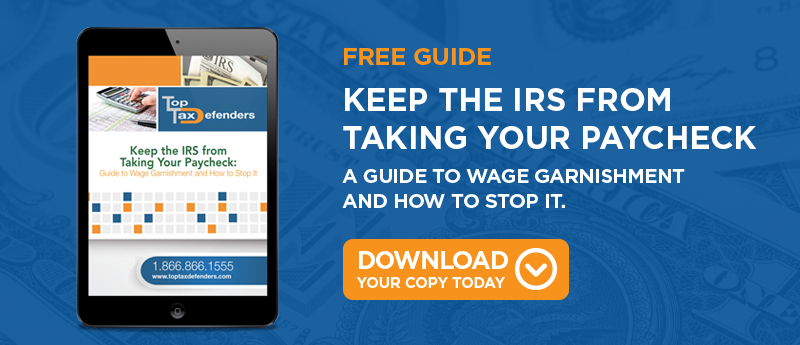
When you borrow money from the federal government to go to school, you are expected to pay back that loan with interest after you graduate. You cannot ignore your obligation to repay your student loans.
If you do fall short on your end of the repayment contract with your student loan servicer, you could be subject to garnishment of your wages or salary. You might have this garnishment halted, however, by proving that you are experiencing financial hardships right now.
The Timing of a Garnishment Order
The lender that issued your student loan has the right to ask the court to garnish your wages if you fail to pay or stop paying on your student loans. In most cases, a wage garnishment can be ordered if it has been at least 270 days since you last made a payment to the lender.
If the garnishment request is granted by the court, you could be subject to having at least 15 to 25 percent of your paycheck seized until your student loan account is paid in full. In some instances, the garnishment can last for years depending on how much you borrowed from the lender.
With this money taken out of your paycheck, the amount of money you take home to support you and your household with is significantly lowered. The garnishment could leave you struggling to pay basic expenses like rent or your mortgage.
However, if a garnishment would create a financial hardship for you and your family, you have the right to request a hearing to present your evidence and explain your circumstances to the lender. You can ask that the garnishment be stopped until your finances improve or you can take other actions to pay off your account in full.
Examples of Financial Hardship
Before the garnishment of your paycheck can be halted, you must prove that you are experiencing some type of financial hardship. The types of hardship cases that meet the criteria for stopping or delaying a student loan garnishment include:- losing or being fired from your job
- having your hours at work reduced significantly
- taking a drastic cut in pay at work
- filing for Chapter 7 or 12 bankruptcy
- suffering a qualifying injury or illness
- failing to pay basic expenses like rent, groceries, and utilities
You cannot simply say that you are experiencing one of these circumstances and expect the lender to take you at your word. You must be ready to present evidence of any of these scenarios when you request a hearing with the loan servicer or a representative from the federal Department of Education.
Writing a Financial Hardship Letter
You have the right to request a prompt hearing at which to present the evidence of your financial hardship to your loan servicer or lender. To make this request, you need to write and submit a letter asking for the hearing and explaining what you can do to bring your account current at some point in the future.
When writing the financial hardship letter, you should also include documentation proving your case. This documentation can include paycheck stubs showing a reduction in hours worked or income earned. You also can submit court documents like your bankruptcy filing, upcoming bankruptcy hearing date, disconnection letters from utility companies, and other paperwork showing that you cannot pay your bills.
Along with this paperwork, you should also include details about how you will pay off your student loans in the near future whether it be through a payment arrangement with the lender or by applying for and taking a second job. Explanation of your good faith efforts to bring your account current could convince the lender to stop the garnishment of your paycheck and give you another chance to pay what you owe.
A wage garnishment can take a significant portion of your paycheck that you cannot afford to lose. Even so, the company that issued your student loans can ask for the garnishment if you have failed to pay on your account. You can stop the garnishment order and utilize other means to handle your loans by providing evidence of your current financial hardship.




